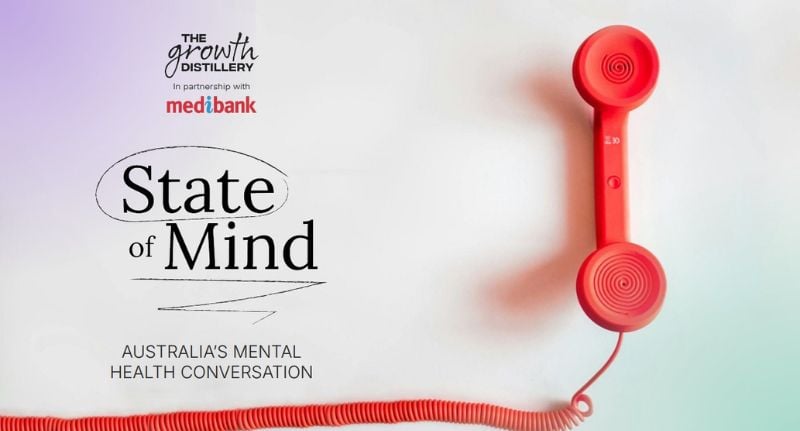News Corp Australia has taken a closer look at the mental health of Australians through its Can We Talk? campaign, revealing just how important talking through trauma can be.
Run in partnership with Medibank and researched by The Growth Distillery, the campaign highlights the gap between awareness and action, with many Australians choosing to stay silent.
The State of Mind: Australia’s Mental Health Conversation report found that 82 per cent of people feel better after discussing their wellbeing, yet 51 per cent still avoid opening up. The research suggests that frequent, casual check-ins can make individuals up to three times less likely to experience stress, burnout, loneliness, or self-doubt.
How it started
Launched to equip Australians with the tools to have life-changing conversations, Can We Talk? has so far featured a range of stories. These include The Daily Telegraph’s Jonathon Moran and his memoir Mental As Anyone, as well as KIIS FM Drive hosts Will and Woody, where Will McMahon spoke publicly about his mental health challenges.
The aim is to show that open conversations not only help but also reduce the risk of stress, burnout, and loneliness.
Bethan Hockey, Senior Research Director at The Growth Distillery, said the findings underline the role of everyday environments in making meaningful change.
“This research provides a deep dive into how Australians are feeling, managing and talking about their mental wellbeing. We looked at key issues and identified specific areas, home, work and social circles, where positive, actionable change can occur,” Hockey said.
She added: “Turning awareness into action starts close to home, and that change begins with individuals creating space to listen, check in, and speak openly.”

Senior Research Director at The Growth Distillery Bethan Hockey
Other key findings
• 40 per cent of Australians feel stressed weekly, while 34 per cent report weekly burnout
• 29 per cent experience loneliness on a weekly basis
• 67 per cent rely on social media for mental health information, but 33 per cent of Gen Z and Millennials say it makes them feel worse
• 48 per cent say money worries have the biggest impact on their wellbeing
• 74 per cent see home as the safest space to talk, but 32 per cent of young people say their parents have responded unhelpfully when they’ve opened up
Top image: Bethan Hockey
